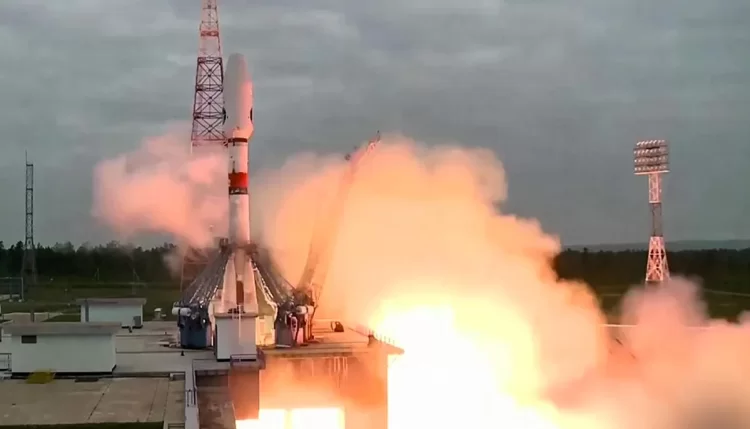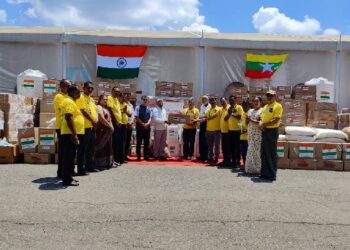Russia’s lunar hopes were dashed as the Luna-25 probe, the country’s first Moon mission in nearly half a century, crashed on the lunar surface during pre-landing manoeuvres. Soon after, one of the leading physicists and astronomers who worked on the mission was rushed to a hospital in Moscow.
According to the Independent, Mikhail Marov, 90, was taken to the hospital on Saturday due to a sharp deterioration in his health following the failure of the mission.
The astronomer told news channel RBC and the Moskovsky Komsomolets newspaper that the setback was so devastating it took a toll on his health.
‘I’m under observation. How can I not worry, this is largely a matter of life. It’s all very hard,” he told reporters at the Central Clinical Hospital located nearby to the Kremlin in Moscow.
The scientist had worked on previous space missions for the Soviet Union and called the Luna-25 mission the culmination of his life’s work.
”It is sad that it was not possible to land the apparatus. For me, perhaps, it was the last hope to see the revival of our lunar program,” Mr Marov said.
He told the Moskovsky Komsomolets newspaper that he hoped the reasons behind the crash would be discussed and examined rigorously.
With Luna-25, Moscow had hoped to build on the legacy of its Soviet-era Luna programme, marking a return to independent lunar exploration in the face of growing isolation from the West. However, on Sunday, Russian space agency Roscosmos confirmed that communication with Luna-25 was abruptly lost, leaving a trail of uncertainty.
“The apparatus moved into an unpredictable orbit and ceased to exist as a result of a collision with the surface of the Moon,” Roscosmos said in a statement.
Roscosmos also announced its intent to launch a ministerial investigation into the crash’s causes. It further refrained from disclosing any specific technical issues that may have led to the unfortunate outcome.







 Finance
Finance







